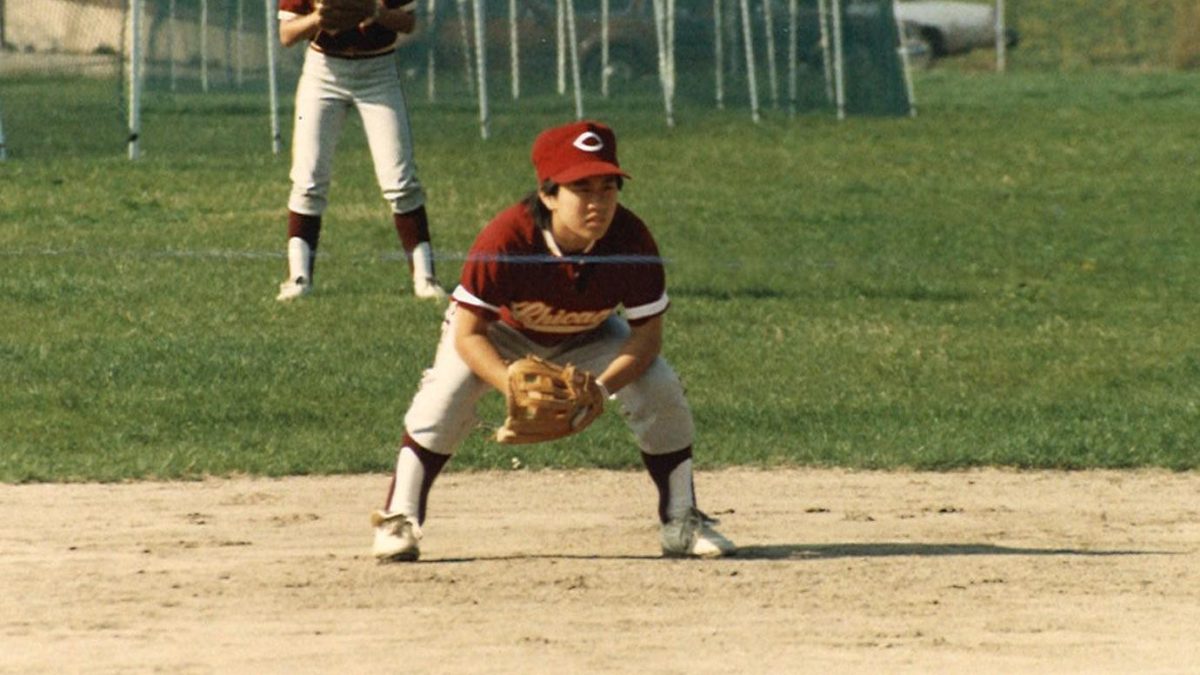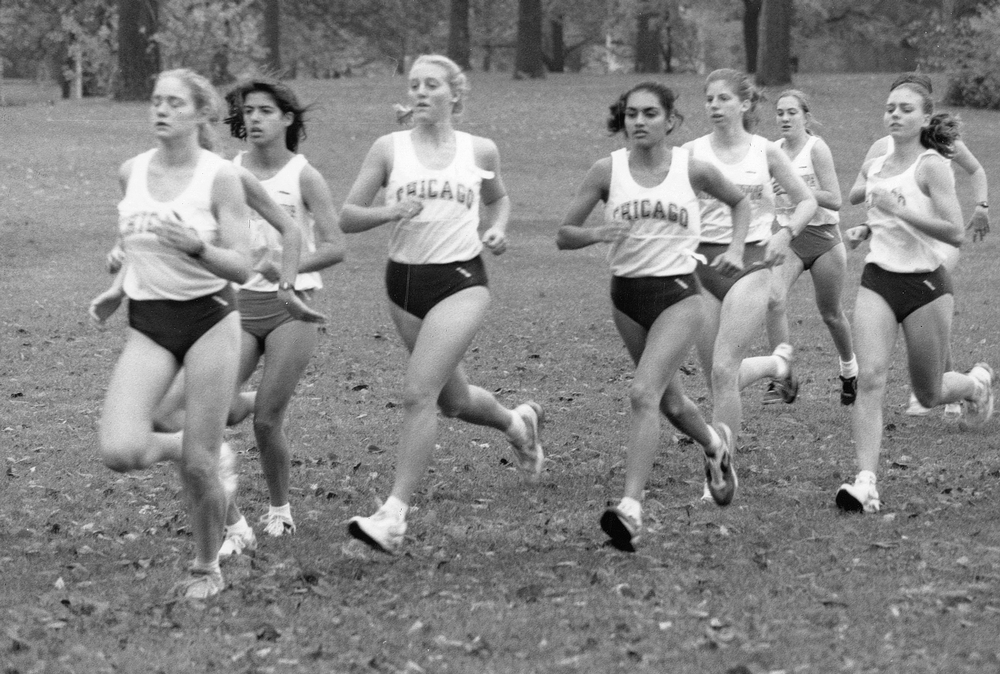There were headshakes, shrugs, and forced smiles Monday in head coach Aaron Roussell’s office, but even days after the fact, he and the women’s basketball team are still looking for the right words to describe Saturday’s 63–34 loss in the UAA opener at Wash U.
“I feel bad admitting this now,” Roussell said, “but that was the best I’ve felt coming into a game at Wash U and the worst I’ve felt coming out.”
The Bears (11–1, 1–0) continued their dominance over Chicago (8–4, 0–1) at WU Field House, handing the Maroons their biggest loss against any opponent since an 83–54 game, also at Wash U, in March 2003. It was the 23rd consecutive loss at Wash U for the South Siders, who have won just once ever in St. Louis.
Center Jaimie McFarlin recorded game-highs with 14 points and eight rebounds, while second-year guard Meghan Herrick was the only Maroon to score in the double digits with 11 points.
Shooting just 22.4 percent for the game—by far the Maroons’ worst mark of the season—Chicago recorded season lows in points, field goals (11), rebounds (32), and assists (7), and Wash U built a 31–13 lead by the break and led by as many as 31 points in the second half.
“We just didn’t show up,” Roussell said. “We got outworked, outphysicaled, outplayed.”
The Maroons held the advantage for the first five minutes of the game, with the Bears hitting just two of their first 10 shots and turning the ball over three times before the 15-minute mark. Still, Chicago’s work never found its way to the scoreboard, as the team’s six layup attempts in the first three minutes of the game added up to just two points, and the Bears were able to close the narrow gap at 6–6 with 15:04 remaining in the half.
The game stayed close until the score reached 14–12 at 9:50, when Wash U busted the contest open. The Bears closed the half with a 17–1 run, collecting 17 first-half rebounds against a Chicago squad that entered the game as the top rebounding team in the country.
“[At halftime] I called them out,” Roussell said. “I told them we weren’t playing as physically as we were supposed to or with as much heart as we were supposed to play with…. When one team is at their maximum energy with that, you’re going to get steamrolled.”
The half-time wake-up call couldn’t shake the Maroons out of their funk. Chicago slimmed the lead to 14 early in the second half, but Wash U held onto the double-digit margin and was able to build a 31-point lead at 63–32 with just over a minute left.
Even in the 29-point victory, the Bears played a flawed offensive game, shooting just 33.3 percent and finishing with their fourth-lowest scoring total of the season. Still, Roussell highlighted poor shot selection, over-dribbling, and a lack of ball movement as major factors leading to one of Chicago’s worst offensive performance of the last several years.
Shooting 22.4 percent (11 of 49), the Maroons had their worst field-goal percentage in the available records, which date back to the 2003–04 season. Only four times during that stretch has Chicago dipped below 30 percent.
“We didn’t shoot the ball well yesterday, but we also didn’t take great shots,” fourth-year forward Molly Hackney said. “We didn’t move the ball within our offense as well as we should have, thus settling for low percentage shots.”
Turnovers also plagued the Maroons. An issue for the squad for much of the season. Averaging over 20 turnovers per game for the season, Chicago turned the ball over 29 times—the second most of the season—that led to 29 points for the Bears.
“Some of those turnovers [for the season] come from trying to play more up-tempo; on Saturday it was just a lot of poor decisions,” Roussell said. “There are good turnovers and bad turnovers, so to speak, and Saturday there were a lot of bad turnovers.”
The Maroons are at home this weekend, when NYU (7–4, 0–1) comes to town for Beach Night on Friday, and they will look to fix this weekend’s issues in order to build on their 5–2 home record.
“It’s still one loss,” Roussell said. “It’s early and it’s a big loss, and I’m not trying to minimize that, but it counts the same as a one-point loss.”







